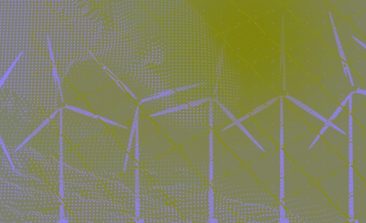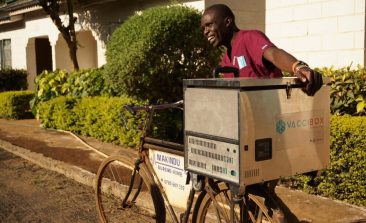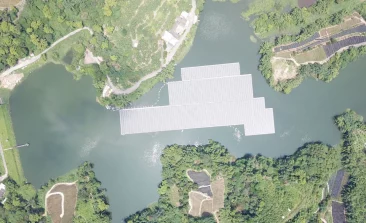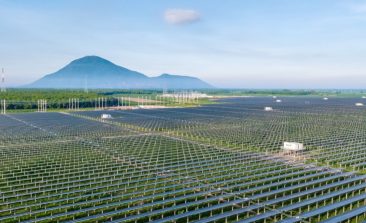Content to: solar power
How to Accelerate the Energy Transition Using Digital Technologies
Which roles can digital technologies play in the transformation of our energy system towards using 100 percent renewable energy? In the latest "Energy Transition – The Future is Networked" Greenbook, RESET.org has researched solutions and interviewed experts. Here are the results.
The Perovskite Revolution: A Breakthrough in Solar Cell Technology
Solar panels rely on scarce materials. What if there was an eco-friendly solution? Perovskite tandem solar cells can be synthesised without the need for mining, unlike silicon.
Renewable Energy — What You Need to Know
Energy resources exist in different forms. The effects of climate change, and the impact that greenhouse gas emissions have on the atmosphere are dependent on humans understanding the difference.
It’s Now Possible to Print Highly Efficient, Ultra-Thin Solar Cells
Solar energy technology is constantly developing. What new possibilities does this open up and what role can these defect-tolerant solar cells play in smart infrastructure?
Solar-Powered Fridges Revolutionise Remote Areas of Kenya’s Vaccine Delivery
One entrepreneur’s solar-powered portable fridge is helping some of Africa's remotest communities get access to life-saving vaccines.
French Start-up ROSI Is Engineering a Solution to Solar Energy’s Waste Problem
Solar panels only have a lifespan of around 25-30 years, and the vast majority end up in landfill. French start-up ROSI is developing a way to recycle them with the help of EU funding.
The Micro Smart Factory Working as an Off-Grid Water Purification Plant
“Water, water everywhere, but not a drop to drink” — water scarcity doesn’t always mean a lack of water. Sometimes, it just needs to be cleaned.
Could Floating Solar Panels Help Mitigate Climate Change?
“Floatovoltaics” are an emerging technology, but their environmental impacts are still unknown.
A Bright Future? How the Next Generation of Solar is Overcoming its Many Challenges
Solar power is one of the best-known sources of renewable energy, but it is still only responsible for 3 percent of global electricity. What's keeping it back and how can it further develop?








